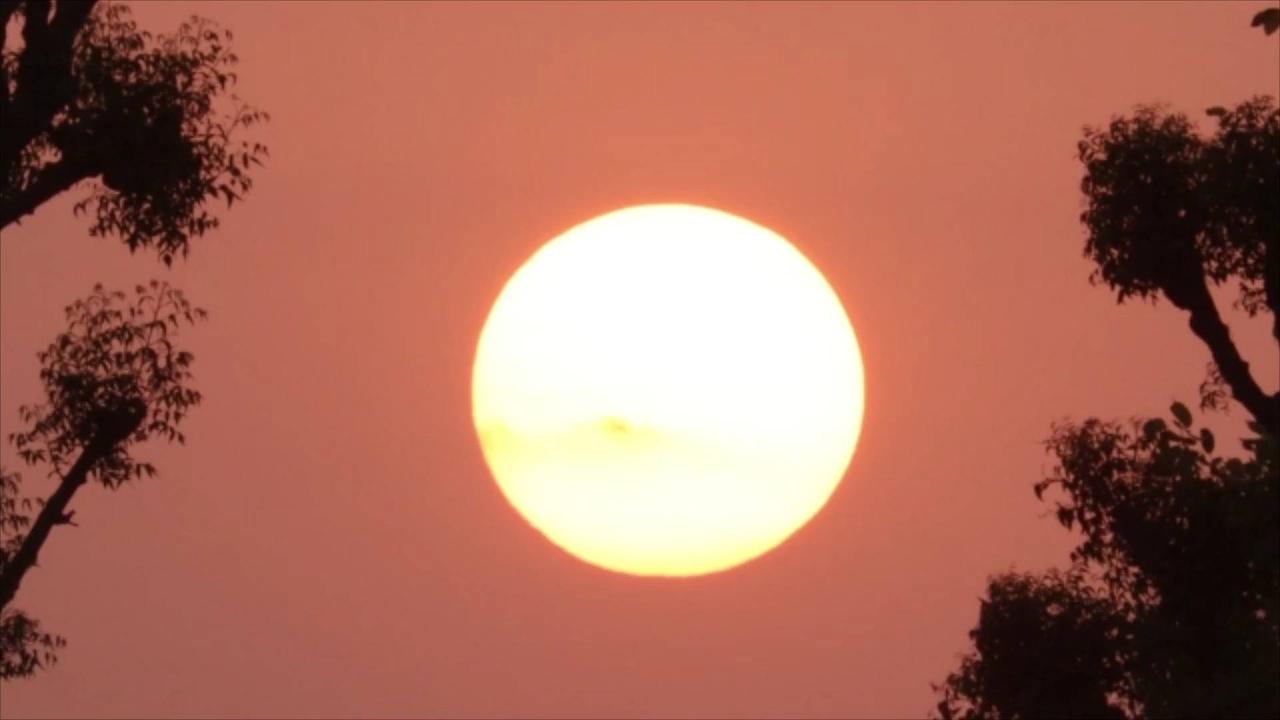
Scientists Warn 2023 , Continues to Break , Temperature Records.
'Time' reports that October was officially the hottest on record, coming in 3.1 degrees Fahrenheit warmer than the month's pre-industrial average.
.
It is the fifth consecutive month to break records, meaning 2023 is on track to be the warmest year ever recorded.
.
The amount that we’re smashing records by is shocking, Samantha Burgess, Deputy director of the Copernicus Climate Change Service, via 'Time'.
Peter Schlosser, vice president and vice provost of the Global Futures Laboratory at Arizona State University, warns that increased temperature means more extreme weather events.
.
This is a clear sign that we are going into a climate regime that will have more impact on more people.
, Peter Schlosser, Vice president and vice provost of the Global Futures Laboratory at Arizona State University, via 'Time'.
We better take this warning that we actually should have taken 50 years ago or more and draw the right conclusions, Peter Schlosser, Vice president and vice provost of the Global Futures Laboratory at Arizona State University, via 'Time'.
Samantha Burgess, deputy director of the Copernicus Climate Change Service, says the current El Nino will continue to drive warming over the coming months.
Schlosser warns that the world should expect to see more records broken, adding that the planet has already exceeded the 2.7 degrees cap set in the Paris agreement.
.
Burgess and other experts say that the world's need to stop planet-warming emissions has become urgent.
It's so much more expensive to keep burning these fossil fuels than it would be to stop doing it.
That’s basically what it shows, Friederike Otto, Climate scientist at Imperial College London, via 'Time'.
And of course, you don’t see that when you just look at the records being broken and not at the people and systems that are suffering, but that — that is what matters, Friederike Otto, Climate scientist at Imperial College London, via 'Time'

